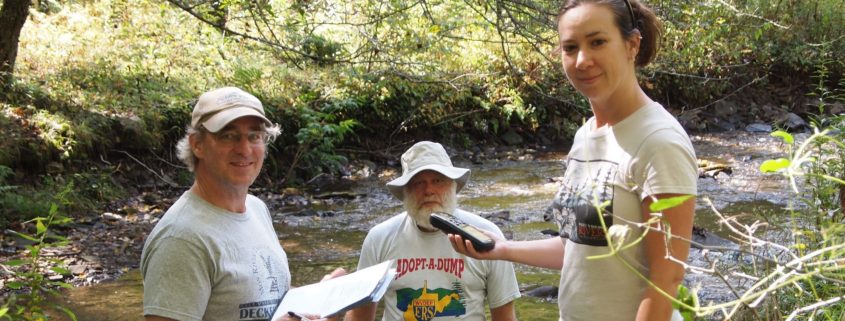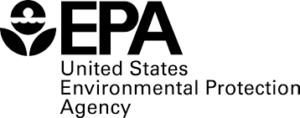Become a Volunteer Water Quality Monitor
Since 2013 WV Rivers Coalition and Trout Unlimited (TU) have teamed up to provide the WV-VA Water Quality Monitoring Project.
The mission of the WV-VA Water Quality Monitoring Project is to train and equip volunteers from across the state to monitor streams that support trout populations and high quality warmwater fisheries that have the potential to experience impacts from industrial infrastructure buildouts.
In response to proposed large scale natural gas pipelines, like the Mountain Valley Pipeline, the WV-VA Water Quality Monitoring Project developed a pipeline specific monitoring protocol which identifies erosion and sedimentation impacts that may occur due to pipeline development. Our trained volunteers collect data and conduct visual reconnaissance before, during, and after pipeline construction.
After 10 years and over 1,000 volunteers trained through our Shale Gas and Pipeline Monitoring protocols, we’ve developed a new visual assessment program that uses online videos to train volunteers to identify, document and report water pollution through a smart phone app. The Stream Watch App makes it possible for citizen scientists to document valuable information on water quality and potential pollution events without specialized equipment.
You can watch our Stream Watch App virtual training and download helpful documents here.
Already a trained volunteer through our water quality monitoring protocols?
Download the highway construction monitoring manual.
Download the shale gas monitoring manual.
Download the pipeline monitoring manual.
Watch a webinar on CitSci Data Entry and Visualization.
To request permission to use any of the material in the training manual send us an email.
Latest monitoring news:
The WV-VA Water Quality Monitoring Program is made possible through an award of Environmental Protection Agency’s 319 funding awarded to the West Virginia Rivers Coalition by the West Virginia Department of Environmental Protection and support from the Appalachian Stewardship Foundation.









